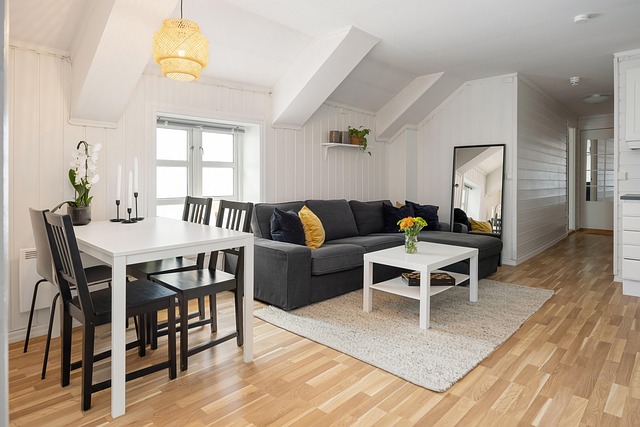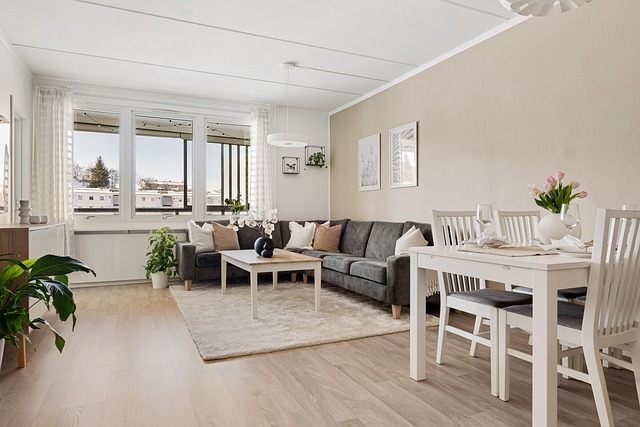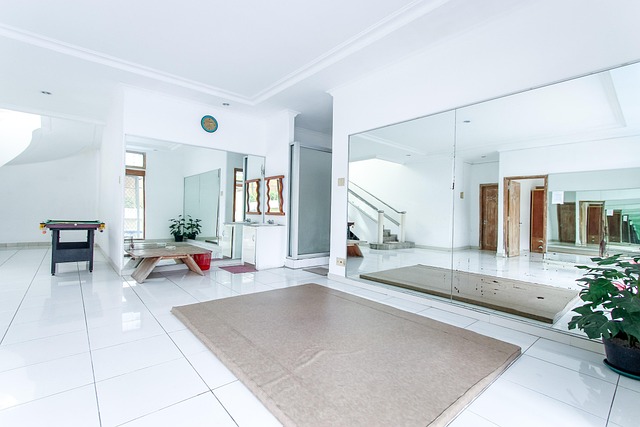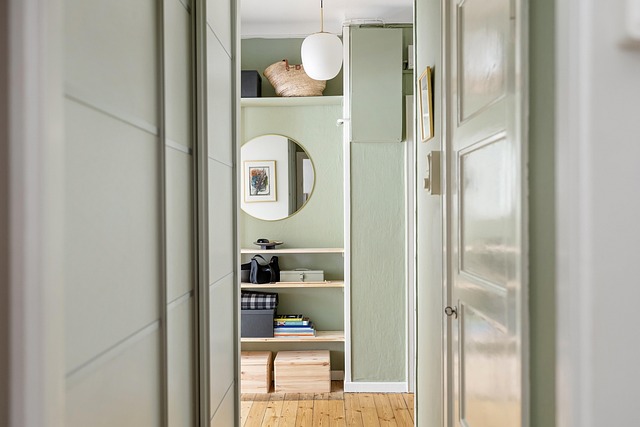Sober Living Homes in Manchester, New Hampshire, provide a supportive bridge between treatment and independent living for those recovering from addiction. These homes offer structured environments, community, group therapy, and access to local mental health resources, catering to diverse needs. With easy access to treatment centers and AA meetings, Manchester's growing network of sober living options supports individuals on their path to long-term sobriety, ensuring stability during recovery. The city's central location makes it attractive for those seeking support from various regions, with numerous accommodation options tailored to individual recovery journeys. Transitioning to a sober community brings benefits and challenges, highlighting the importance of finding suitable housing and open communication with local addiction treatment centers.
In New Hampshire, sobriety housing options play a crucial role in supporting individuals on their path to long-term recovery. This comprehensive guide explores ‘Understanding Sober Living Homes: A Resource for Recovery’, highlighting the increasing need for supportive housing in the state. We delve into the diverse types of sober living facilities, focusing on Manchester as a hub for these services. Learn about the benefits and challenges of life in a sober community, and discover practical steps to find and apply for sobriety housing in Manchester, New Hampshire.
- Understanding Sober Living Homes: A Resource for Recovery
- The Need for Supportive Housing in New Hampshire
- Exploring Options: Types of Sober Living Facilities
- Location Matters: Why Manchester is a Hub for These Services
- Benefits and Challenges: Life in a Sober Community
- Getting Started: Finding and Applying for Sobriety Housing
Understanding Sober Living Homes: A Resource for Recovery

Sober Living Homes offer a unique and supportive environment for individuals in recovery from addiction. These homes provide a bridge between treatment and independent living, fostering a sense of community among residents striving for long-term sobriety. In Manchester, New Hampshire, with its thriving mental health services and addiction recovery facilities, the sober living network is robust and diverse, catering to various needs and preferences.
This alternative housing option is designed to help individuals maintain their sobriety while enjoying the comfort and camaraderie of a home-like setting. The homes typically house a small number of residents under the supervision of trained staff or peers who offer guidance, support, and accountability. Residents benefit from structured routines, group therapy sessions, and access to New Hampshire’s extensive network of mental health resources, ensuring they receive holistic care tailored to their recovery journey.
The Need for Supportive Housing in New Hampshire

In New Hampshire, especially in bustling cities like Manchester, the need for supportive housing for those recovering from substance use disorders is paramount. Many individuals facing addiction struggle with finding safe and stable places to live post-rehab, which often proves to be a significant barrier in their journey towards long-term sobriety. Sober living homes step into this gap by providing a structured environment that fosters recovery while offering essential support systems. These homes are designed to help residents maintain their sobriety, promoting healthy habits and peer support through shared experiences.
Manchester, with its diverse community and access to various addiction treatment centers, also has a growing network of sober living options. The city’s AA meeting locations serve as pivotal gathering points for individuals seeking recovery, further emphasizing the need for supportive housing. By addressing this critical aspect of rehabilitation, sober living homes in Manchester play a vital role in ensuring that those on the path to sobriety have a place to call home and a community to aid their transformation.
Exploring Options: Types of Sober Living Facilities

When exploring sobriety housing options in New Hampshire, Manchester stands out as a hub for support and recovery. Beyond traditional rehabilitation centers like the Manchester Alcohol Rehabilitation Center, the city offers diverse sober living homes designed to cater to various needs. These facilities differ in their focus and environment, ranging from structured houses with strict rules to more independent living arrangements. Some even incorporate elements of holistic healing and community engagement.
For instance, local sober living Manchester options may include shared housing with peer support groups, where residents live together while attending outpatient rehab facilities like Manchester outpatient rehab facilities. Others might opt for transitional homes offering a more gradual return to independent living. Each type provides a unique blend of structure and flexibility, ensuring individuals find an environment that supports their specific recovery journey.
Location Matters: Why Manchester is a Hub for These Services

Manchester, New Hampshire, has established itself as a prominent hub for sobriety housing and addiction recovery resources. Its strategic location offers numerous advantages for individuals seeking support in their journey to sober living. The city’s central position within the state makes it easily accessible, serving as a gathering point for those from various regions. This accessibility is pivotal, especially for those attending Manchester AA meeting locations or exploring outpatient rehab facilities nearby.
The area’s robust network of sobriety housing options caters to diverse needs. With many sober living homes and recovery centers located throughout the city, Manchester provides an extensive support system. These establishments often collaborate with local addiction recovery resources, NH-based treatment centers, and community organizations to offer comprehensive care. This well-connected environment ensures that residents have access to not only accommodation but also a wide array of services tailored to their unique paths to recovery.
Benefits and Challenges: Life in a Sober Community

Living in a sober community offers individuals in recovery a unique and supportive environment. One of the key benefits is access to like-minded people who share similar goals, fostering a sense of belonging and accountability. These communities often provide structured routines, which can be invaluable for maintaining sobriety. Daily activities focused on recovery, such as group therapy sessions, support groups (like Narcotics Anonymous meetings nearby), and educational workshops, create a strong foundation for long-term healing.
However, transitioning to a sober living home in Manchester, New Hampshire, presents challenges. Adjusting to a new routine and environment can be difficult, especially for those used to independence. Privacy and personal space may be limited, and the constant presence of peers can trigger cravings or emotional vulnerabilities. Additionally, finding suitable sober living options NH that align with individual needs and preferences is essential but can be a complex process, as not all facilities are created equal. Accessing local addiction recovery facilities Manchester NH for specialized care while adjusting to community life requires dedication and open communication.
Getting Started: Finding and Applying for Sobriety Housing

Getting started with your journey to sobriety involves finding the right housing, and Manchester, New Hampshire, offers several options for those seeking a fresh start. Many individuals in recovery prefer the supportive environment of sober living homes, where they can connect with peers on similar paths. These homes provide a safe space, free from triggers and alcohol, allowing residents to focus on their well-being. In Manchester, there are various sober living communities catering to different needs, including those who completed rehab for alcohol abuse in New Hampshire and are seeking long-term support.
Applying for sobriety housing is often a straightforward process. Local sober living Manchester options typically require applicants to submit an application form, providing personal details and information about their recovery journey. The admissions team will review your application and may schedule an interview to understand your needs better. With the help of addiction treatment centers in Manchester, finding suitable sober living accommodations is accessible, ensuring individuals can transition smoothly from rehab to a supportive residential environment.
In New Hampshire, especially in bustling Manchester, sober living homes have emerged as vital resources for those on the path to recovery. These communities offer a supportive environment free from substance abuse, fostering personal growth and long-term sobriety. With various types of facilities available, from transitional housing to shared living spaces, individuals can find tailored options to suit their needs. Understanding these resources is crucial in navigating the journey towards a sober lifestyle, as access to appropriate housing plays a significant role in successful recovery. For those seeking sober living homes Manchester New Hampshire, exploring these options and locations can be a game-changer in the quest for a brighter future.






